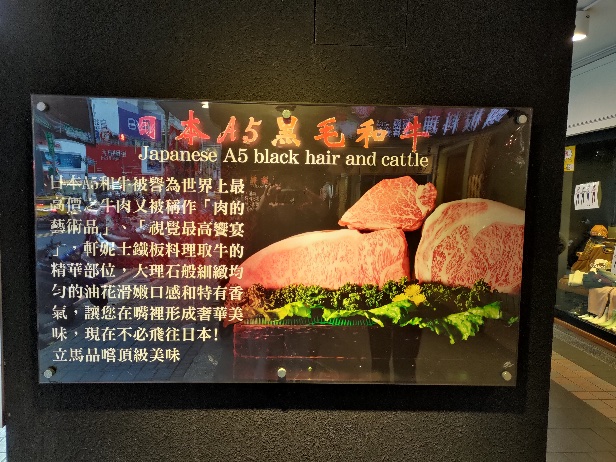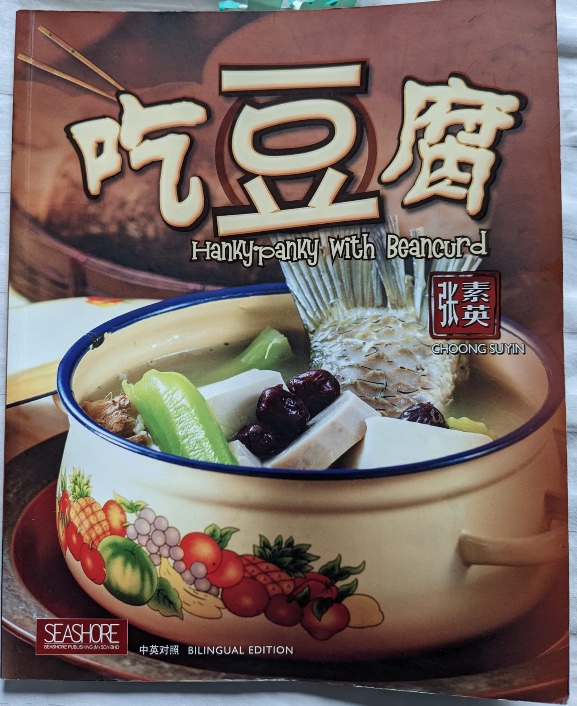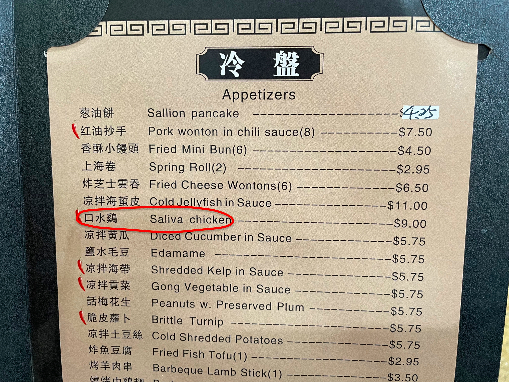Etymologizing and fantasizing: economy and relish
Figuring out the etymologies of words has always been one of my favorite things in life, almost as much as eating flavorful food. All the way back in second grade of primary school, my Mom gave me a Merriam-Webster dictionary, and I treasured it above all my other belongings because of its etymological notes. Much later, when The American Heritage Dictionary of the English Language became available, I was euphoric, since then I was able to trace words to their Indo-European and Semitic roots.
In between, though, I came up against the pseudo-science of Chinese character etymology, which should better be called "Chinese character construction". Despite almost universal misunderstanding to the contrary, Chinese characters have no direct connection to the sounds and meanings of words. If you want to analyze the history of the development of how individual Chinese characters acquired their shapes and sounds, all well and good, but that's a different matter from how the sounds and meanings of Chinese words evolved through time. Always and ever, I emphasize over and over the primacy of sounds for conveying meaning, the same as with all other living, spoken languages. The writing systems are only there as a makeshift, always catching up and inevitably imperfect means for recording the sounds of the languages.
Read the rest of this entry »







